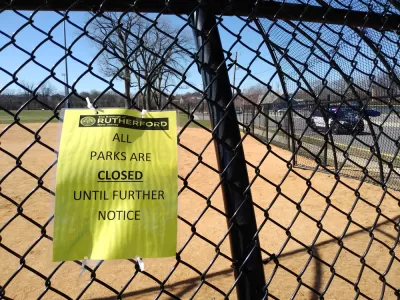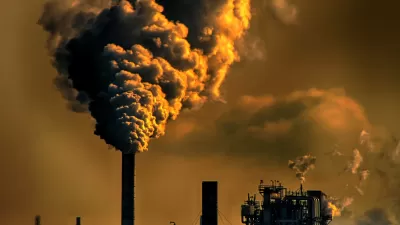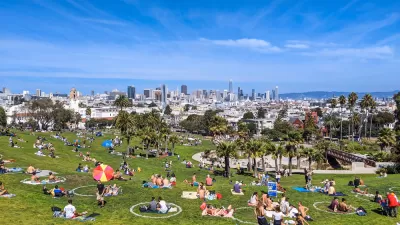Experts indicate that it is too soon to conclude that the lack of access to parks has contributed to higher coronavirus infection rates in Black and Latino communities, but say there is likely a relationship between the two.

Parks offer physical and mental health benefits, but they are not enjoyed equally by all. Not all parks are created equal and not everyone has easy access to parks of the same size and quality.
A recent study released by the Trust for Public Land, and detailed in an article by Trevor Hughes, reveals the following:
- Public parks tend to be significantly larger in areas in which residents are white or of higher income.
- Parks for people of color are half the size and serve nearly five times more people per acre as those for majority-white populations.
- Parks that serve primarily low-income households are on average four times smaller and serve three times more people per park acre, compared to parks for high-income households.
- Parks that serve a majority of low-income people of color are on average about half as big and serve four times more people per acre than parks for low-income white populations.
These realities have relevance to the great public health crisis of the current day, notes Hughes. Compounding the preexisting conditions have resulted in disproportionate rates of COVID-19 deaths among Black and Latino Americans, according to Hughes, "some cities closed down parks or various park amenities as the pandemic spread, taking offline the few parks that some urban residents did have access to."
An expert quoted in the article stops short of concluding that lack of access to outdoor spaces has driven COVID-19 infection rates in Black and Latino communities, but it's possible that further research will reveal suggest a relationship between the two. "I'm hoping that the disparities we've been identifying result in a commitment to resolve them," says Dr. Panagis Galiatsatos from Johns Hopkins University in the article. "If this virus can teach us one thing, it's that disparities are here and present. We have control over ending both the pandemic and the disparities. The pandemic will end eventually, and we will need to figure out how to remove the disparities."
FULL STORY: Segregated parks linked to higher COVID-19 deaths for Black and Latino Americans

Planetizen Federal Action Tracker
A weekly monitor of how Trump’s orders and actions are impacting planners and planning in America.

Congressman Proposes Bill to Rename DC Metro “Trump Train”
The Make Autorail Great Again Act would withhold federal funding to the system until the Washington Metropolitan Area Transit Authority (WMATA), rebrands as the Washington Metropolitan Authority for Greater Access (WMAGA).

DARTSpace Platform Streamlines Dallas TOD Application Process
The Dallas transit agency hopes a shorter permitting timeline will boost transit-oriented development around rail stations.

LA County Creating Action Plan to Tackle Extreme Heat
Los Angeles County is creating a Heat Action Plan to help communities stay safe during extreme heat, with steps like adding more shade, improving buildings, and supporting the neighborhoods most at risk.

Maryland Plans Quick-Build Complete Streets Projects
The state will use low-cost interventions to improve road safety in five Maryland counties.

Downtown Los Angeles Gears Up for Growth
A new report highlights Downtown L.A.’s ongoing revival through major housing projects, adaptive reuse, hospitality growth, and preparations for global events in the years ahead.
Urban Design for Planners 1: Software Tools
This six-course series explores essential urban design concepts using open source software and equips planners with the tools they need to participate fully in the urban design process.
Planning for Universal Design
Learn the tools for implementing Universal Design in planning regulations.
City of Charlotte
Municipality of Princeton
Roanoke Valley-Alleghany Regional Commission
City of Camden Redevelopment Agency
City of Astoria
Transportation Research & Education Center (TREC) at Portland State University
US High Speed Rail Association
City of Camden Redevelopment Agency
Municipality of Princeton (NJ)





























